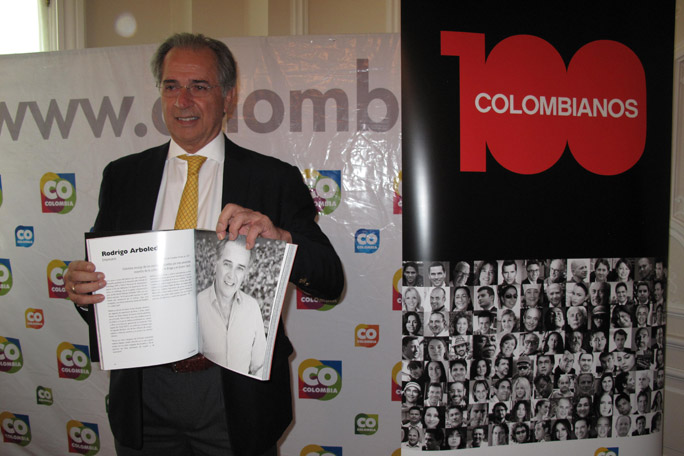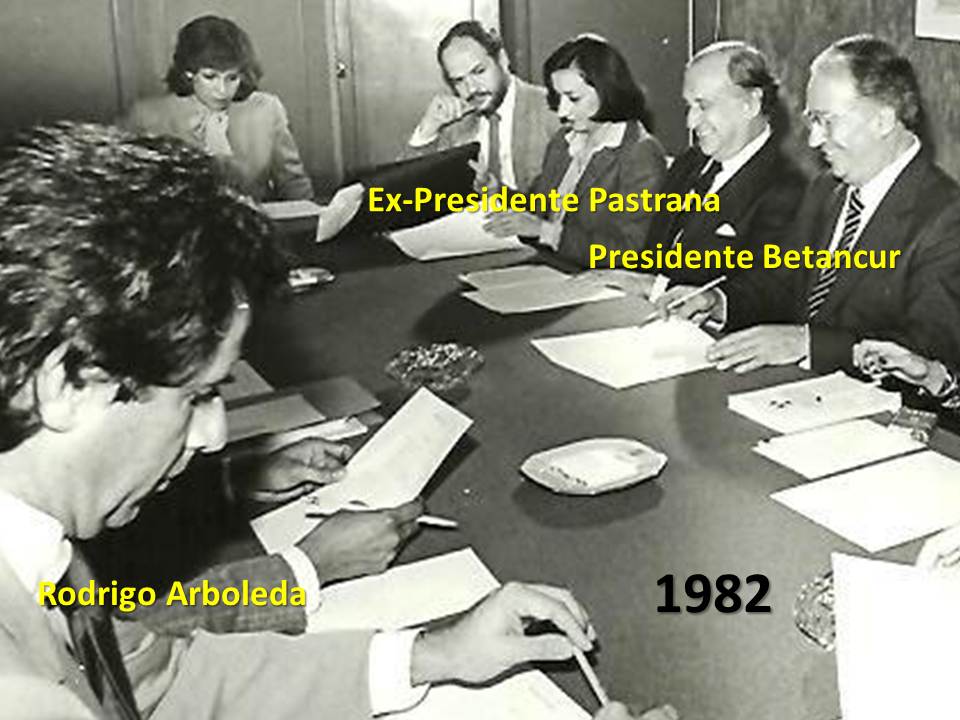THE SECRETARY-GENERAL
REMARKS AT MEDIA EVENT FOR “ONE LAPTOP PER CHILDâ€
Tunis, 16 November 2005
Mr. Negroponte,
Ladies and Gentlemen,
Some inventions are ahead of their time.
Others are perfectly of their time.
Still others seem so obvious and natural upon their unveiling that people start asking what took so long for them to come into being.
It is the rare invention indeed that manages all this at the same time.
But Nicholas Negroponte and his team at the world-renowned MIT Media Lab have given us just such a breakthrough.
The $100 laptop is inspiring in many respects.
It is an impressive technical achievement.
It holds the promise of major advances in economic and social development.
But perhaps most important is the true meaning of “One Laptop Per Childâ€. This is not just a matter of giving a laptop to each child, as if bestowing on them some magical charm. The magic lies within – within each child, within each scientist-, scholar- or just-plain-citizen-in-the-making. This initiative is meant to bring it forth into the light of day.
With these tools in hand, children can become more active in their own learning. They can learn by doing, not just through instruction or rote memorization. Moreover, they can open a new front in their education: peer-to-peer learning.
Studies and experience have shown repeatedly that kids take to computers easily – not just in the comfort of warm and well-lit rich-country schools, dens and living rooms, but also in the slums and remote rural areas of the developing world. We must reach all these kids. Their societies and the world at large simply cannot do without their contributions and engagement.
I thank all involved in “One Laptop Per Child†for this truly moving expression of global solidarity. I commend the International Telecommunication Union for its role in making this event possible. And I urge all leaders and stakeholders attending this World Summit to do their part in ensuring that this initiative is fully incorporated into our efforts to build an information society.
Thank you very much.





